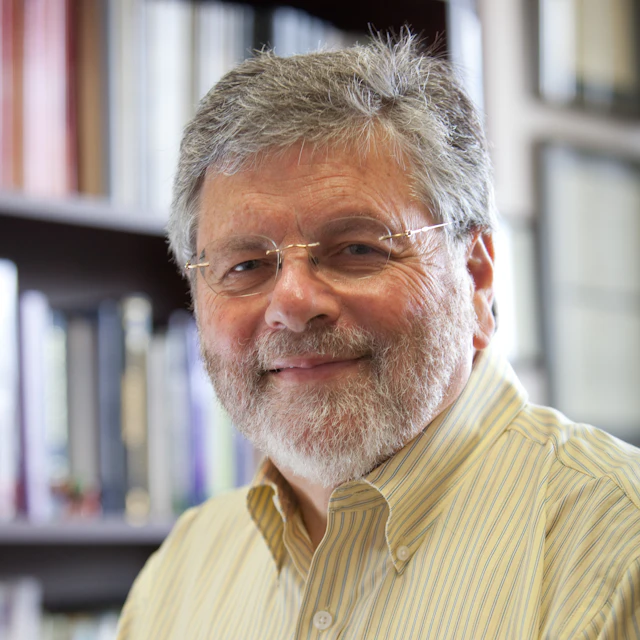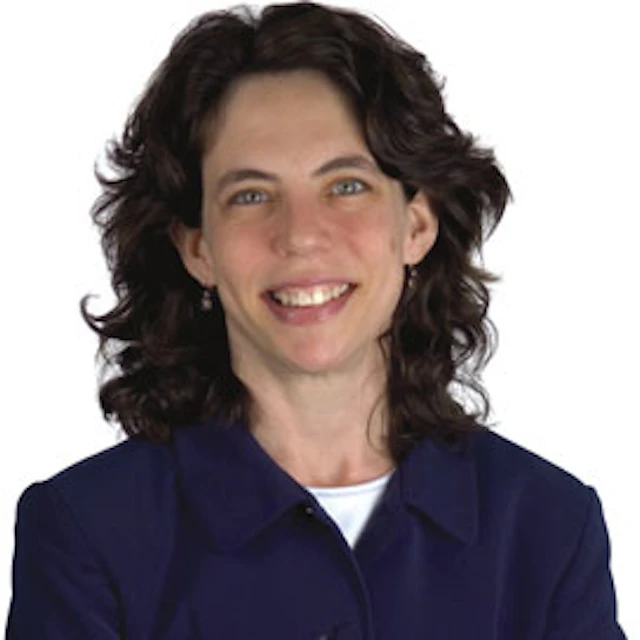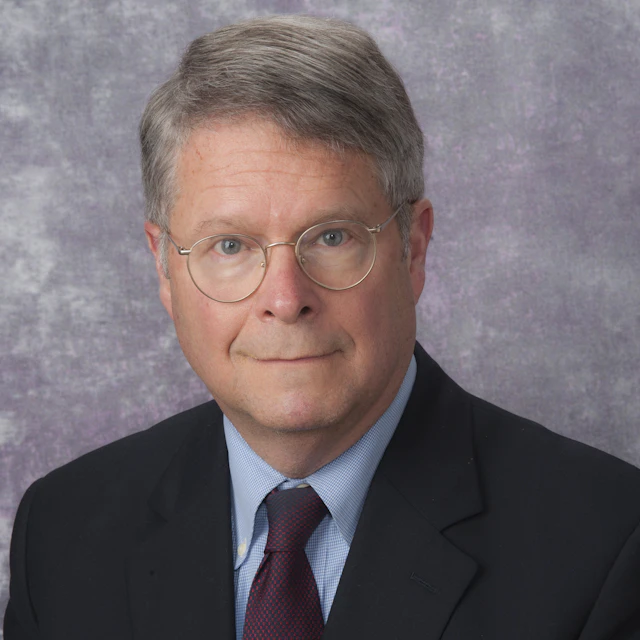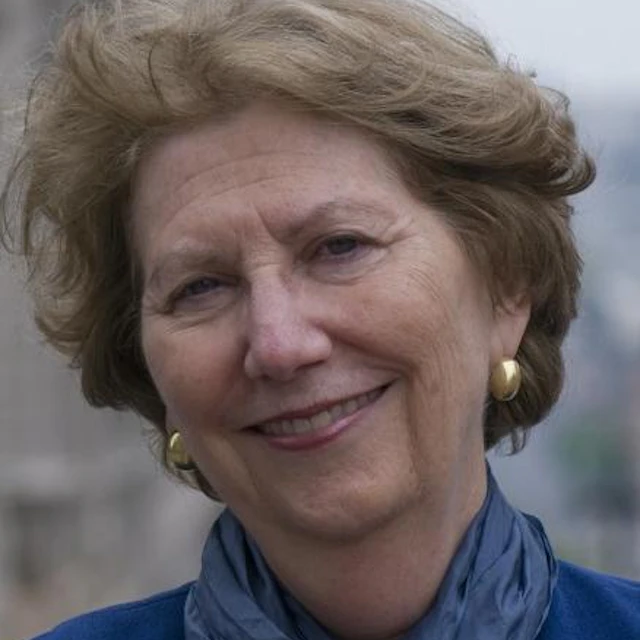Treating Complicated Grief in Suicide Survivors
2013 Linked Standard Research Grant
Amount Awarded: $105,056
Focus Area: Clinical Treatment

Sidney Zisook, M.D.
University of California at San Diego

Naomi Simon, M.D., M.S.C.
Massachusetts General Hospital

Charles Reynolds, M.D.
University of Pittsburgh

Katherine Shear, M.D.
Columbia University School of Social Work
Inside the Research
Bio: Dr. Shear is currently the Marion E. Kenworthy Professor of Psychiatry at Columbia University. Dr. Reynolds is the University of Pittsburgh Medical Center Endowed Professor of Geriatric Psychiatry and Professor of Behavioral and Community Health Sciences at the University of Pittsburgh Graduate School of Public Health. Dr. Simon is Director of the Center for Anxiety and Traumatic Stress Disorders and Director of the Complicated Grief Program at Massachusetts General Hospital; she is also a Professor of Psychiatry at Harvard Medical School. Dr. Zisook is Professor in Residence of the Department of Psychiatry at the University of California, San Diego and a Staff Physician and Director of Residency Training in the Veterans Administration San Diego Healthcare System.
Research Categories: Clinical treatment studies; psychopharmacological studies
Abstract: Grief is the process of healing after loss, and sometimes this process becomes complicated. In complicated grief following the death of a loved one, feelings of loss are debilitating and do not improve even after time passes. Painful emotions are so long-lasting and severe that the bereaved person has trouble accepting the loss and resuming their own life. Severity of the condition can also be influenced by the cause of death; suicide deaths can be especially challenging in respect to grief. The overall objective of this multi-site study is to compare the efficacy of Complicated Grief Therapy with or without the medication citalopram. Both the medication and the therapeutic intervention have shown positive results treating complicated grief, and the question is whether one or the other has superior effects, or is the combination of the two optimal. For this study, 72 individuals who are bereaved by suicide loss are studied and compared with those who are bereaved from other causes of death who participated in a study funded by the National Institute of Mental Health. The goals are to determine if there are unique aspects to complicated grief when it results from a loss by suicide, and to determine potential treatments for those with complicated grief after a suicide.
Impact: This study can significantly advance our knowledge of how to assist individuals who have lost someone to suicide and are experiencing complicated grief.